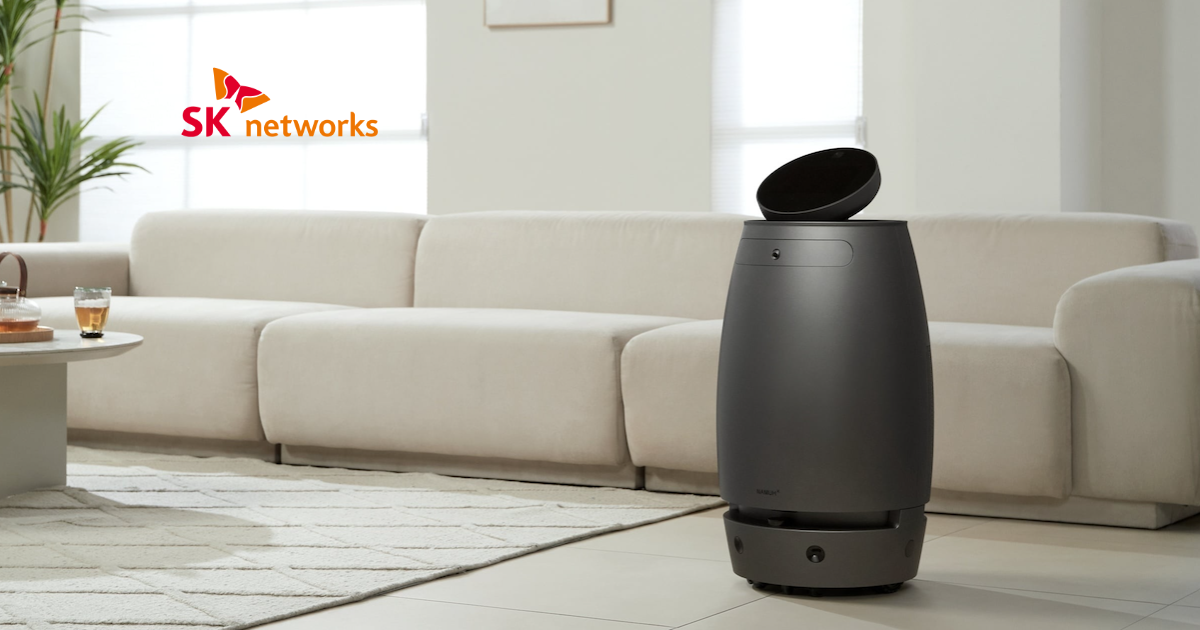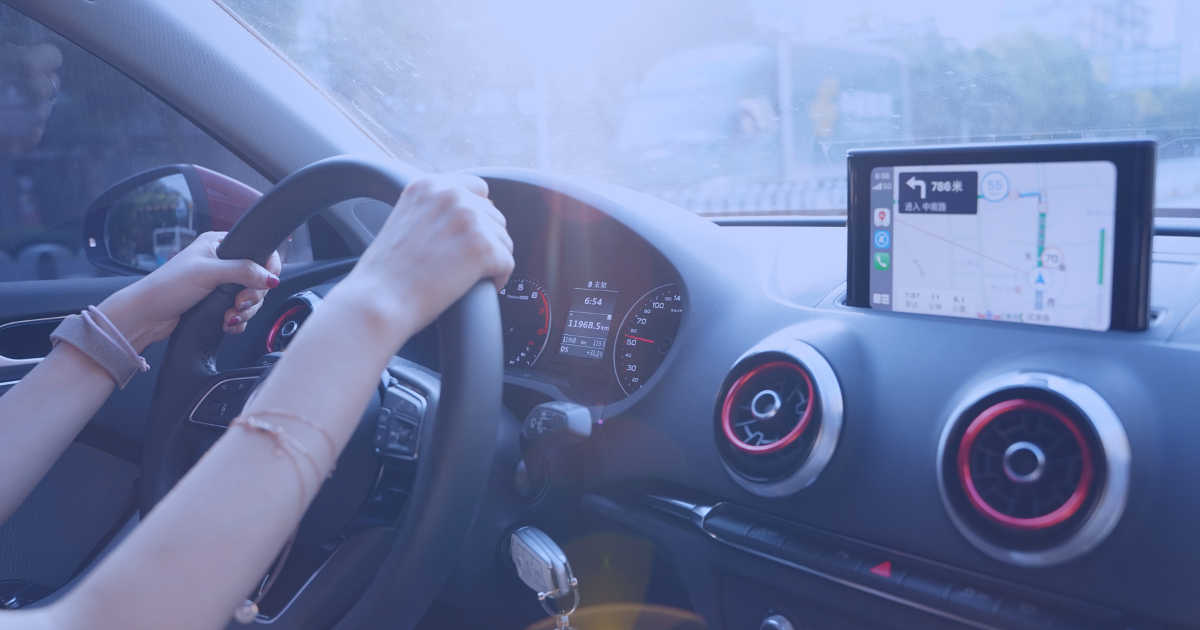A customized voice assistant is a worthy goal for brands looking to a future where hands-free convenience and instant access will be something consumers expect.

For more than a decade, consumers have been adopting voice technology into their lives in some form or another, but the most prevalent use of voice AI has been with digital voice assistants. A new report by Juniper Research estimates by 2024, 8.4 billion people will use a digital voice assistant.
It was only a matter of time before companies realized the value of having a voice strategy and started working with third-party voice tech corporations, like Apple, Amazon, or Google, to develop white-label digital voice assistants.
Customized voice assistants are a crucial step in expanding voice interface usefulness.
A 2019 survey by Adobe Analytics found that 91% of more than 400 participating companies declared they are already making significant voice investments. 94% plan to increase their investment in the coming year.
Brands see incredible potential in voice technology, with 66% strongly agreeing that voice can help drive conversion and increase revenue, and 71% see it improving the user experience.
A variety of industries, from automotive, hospitality, and healthcare to fitness, have jumped on the white-label voice assistant bandwagon.
Technology company Garmin recently announced its new car infotainment systems created with Alexa’s Custom Assistant platform. Automaker Fiat was the first to use the platform to create a customized car voice assistant for future vehicles.
The branded voice assistants allow companies to use customized wake words and skills, bypassing the need to use Alexa’s skills. Alexa runs in the background to fulfill commands.
Proprietary Customized Voice Assistants
Now, some companies are skipping white-labeling altogether to develop their own voice assistants.
With its purchase of Aiqudo, a startup voice company, Peloton is the latest company that is rumored to jump into developing a wholly-owned custom digital voice assistant.
Peloton, whose primary product is a stationary bike for workouts, first explored integrating Aiqudo’s software with Peloton’s apps and services. According to Voicebot, the discussions developed into Peloton buying the voice tech company outright.
With its purchase, Peloton can create a branded voice assistant that explicitly serves consumers’ needs. It also enables the company to own all data collected without third-party involvement.
Benefits of Custom Digital Voice Assistants
The driving force behind customized voice assistants is creating a more accessible, branded experience for consumers. Having a customized voice assistant allows consumers to skip the cumbersome two or three-step voice command process to achieve the desired outcome.
A customized voice experience is also another means of communication with consumers and is a tool to retain the customer base.
Additional benefits of custom-developed voice assistants range from the ability to have custom wake words, accents, and commands to branded voice experiences and personalized customer services. These benefits increase brand awareness, trust, and loyalty.
As people become more comfortable with voice interfaces and expect greater accessibility and convenience, companies understand the imperative for a voice-first strategy.
White Label or Fully-Owned Custom Assistant?
Going the white-label route using a tech giant smart assistant device like Google Home or Amazon’s Echo skips the expensive and slow process of building a custom assistant from scratch.
As Amazon put it, “Building an intelligent assistant is complex, time-consuming, and costly. Further, the rate of innovation and change is accelerating, and assistants are always improving and getting smarter, requiring substantial ongoing investments.”
Leaving the hardware and voice technology to Amazon allows companies to devote their time to creating “unique capabilities that delight their customers,” the company states.
“Building an intelligent assistant is complex, time-consuming, and costly." — Amazon
However, going the fast and cheaper route puts ultimate control of customer data and interaction with the tech giants.
Losing control over the brand experience and customer data when integrating with third-party platforms—like Alexa and Google—has contributed to a growing preference for custom, wholly-owned, branded voice assistants.
Building your own voice solution may be the best option for retaining control and developing a branded voice that reflects your corporate values.
The healthcare industry is a prime example of how health and data privacy concerns may be roadblocks to using voice assistants from third-party providers.
The study, Readiness for voice assistants to support healthcare delivery during a health crisis and pandemic, published on Nature’s Digital Medicine, highlights concerns about violating HIPAA, the Health Insurance Accountability and Accountability Act, which protects sensitive health information of patients in the United States.
Fully owned or white-labeled assistants might depend ultimately on budget, capabilities, and accessibility. Some companies might take advantage of partnerships, and others might invest in already-developed voice technology and adapt it to their specific needs.
Industries Joining the Custom Voice Tech Revolution
Whatever route a company takes to achieve a branded voice strategy, the benefits, and competitive advantage, have spurred research and innovation to take the next step in the voice tech revolution. Following are several use cases.
Personalizing the Hospitality Experience with Voice
Customized voice assistants give the hospitality industry, including hotels, restaurants, and travel agencies, a way to provide personalized services to customers and an avenue to increase brand awareness and customer loyalty.
A customized voice solution establishes trust when the solution provides accurate results. The touchless interaction experience supplied by digital voice assistants also adds extra safety and assurance living in the new COVID-19 world.
The food and beverage industry is already well into exploring ways to integrate custom voice assistants.
A good example is Starbucks, whose voice ordering has been available on Alibaba’s ELE.me food delivery platform since 2018. As part of the partnership, Alibaba has created a Starbucks branded speaker complete with the signature “Bearista” on top.
Users with the Alibaba smart speaker, Tmall Genie, can place a voice order with a nearby Starbucks and have coffee and food delivered to their location.

Starbucks China's VP of digital ventures, Molly Liu, stated that “We are focused on ensuring that Starbucks voice ordering is truly personal, and we look forward to offering our customers more convenient moments and new opportunities to engage with Starbucks on a single integrated platform as they move throughout the day.”
Dominoes partnered with Vonage, a cloud-based communications platform system, to create Intelligent Call Manager. Vonage’s communications solution combined with its programmable voice capacities enhances the customer experience. The customized voice solution connects the pizza company’s 6,000 franchises and corporate offices in the U.S. Customers track their orders and receive customized language help.
An example of customized voice assistant use in the hotel sector is voice hub Volara’s partnership with GuestHub, a web-based reservation and booking platform. Guests make voice-based requests using an in-room Google Nest Hub or Amazon Echo’s voice assistant, powered by Volara. GuestHub captures the voice request, creates a ticket within the business’ system, and routes it to the correct fulfillment department.
Voice Assistants Driving the Auto Industry
While the auto industry has already integrated digital voice assistants in consumers’ cars, advancements in the industrial sector are ramping up.
A perfect example is DHL Parcel UK’s recent announcement, which partnered with Volkswagen and German Autolabs to create a customized digital voice assistant for delivery drivers.
Drivers have a challenging balancing act of receiving new delivery orders, finding the fastest routes, looking for addresses, driving and delivering parcels. The pandemic has increased the number of deliveries made while reducing staff, which has intensified delivery drivers’ pressure.
The customized voice assistant, called Last Mile Assistant, simplifies complex workflows and outputs simple instructions to the driver via the voice assistant at the right moment.
The streamlined custom process helps keep the drivers’ hands on the wheel and eyes on the road while optimally doing their job.
Mercedes-Benz MBUX Infotainment system is leading the consumer market with its state-of-the-art voice user interface. Mercedes-Benz has given its drivers the most seamless in-car voice experience by allowing them to control unique features in the cars using only their voice. This move goes well with the fact that Mercedes-Benz is listed among the world’s ten carmakers with the highest loyalty levels.
Monitoring Healthcare with Voice
Researchers have proven that smart speakers like Google Home and Amazon Echo can monitor healthcare issues at home.
Researchers at the University of Washington developed a way to use Artificial Intelligence (AI) and smart assistants to monitor heart rhythm irregularities. The smart speaker skill sends inaudible sounds from the speaker into the room and can identify and monitor individual heartbeats based on the way sounds are sent back to the speaker.
The Washington University researchers plan to commercialize the agonal breathing detection technology with Sound Life Sciences Inc., a computational health company that builds clinically validated software for intelligent devices.
While the case mentioned above involves a smart speaker’s ability to detect sounds, not speech, to alert for problems, the concept of customizing voice assistant skills to monitor health is an auxiliary path toward creating custom voice assistants and devices.
Using custom voice assistants for managing health care between physicians and patients is a direct use of speech recognition technology in voice assistants.
The U.K. National Health Service issued a study that examines the possibilities of utilizing AI and speech recognition to improve healthcare services.
The benefit [of speech recognition technology] for the healthcare workforce to focus on patient interaction and care rather than the computer screen and keyboard is clear.” — NHS
The NHS lists speech recognition and natural language processing among the top ten digital healthcare technologies that will dramatically affect the healthcare industry.

“With recent advances in SR (speech recognition) algorithm design and system performance, this technology now presents a valuable tool for clinical documentation–the benefit for the healthcare workforce to focus on patient interaction and care rather than the computer screen and keyboard is clear.” — NHS
The NHS report details the idea of a mental health triage chatbot that uses speech recognition enabled by natural language processing that would analyze text and voice inputs to improve access to psychological therapies. The custom voice-enabled chatbot provides patients with rapid access to triage and treatment and reduces the number of times clinicians must spend with individual patients.
Managing Finances with Voice
Bank of America's custom virtual assistant Erica makes managing financial transactions and information easier for its customers.
The voice assistant app lets users use voice commands to search transactions, view account balances, look up stock quotes and more.
The virtual assistant, using the latest artificial intelligence, predictive analytics, and natural language processing, fulfilled 50 million client requests from 7 million users, in its first year, according to BofA.
" ... we’re just beginning to scratch the surface of Erica’s full potential to transform the client experience and help them live their best financial lives,” David Tyrie, head of advanced solutions and digital banking at Bank of America
In Summary
The desire to offer a customized voice assistant is a worthy goal for brands looking ahead to a future where hands-free convenience and instant access will be something consumers expect.
How a brand or company develops a branded voice experience, white-labeled or owned, may not matter when the overall goal is to deliver an engaging voice experience seamlessly and efficiently.












